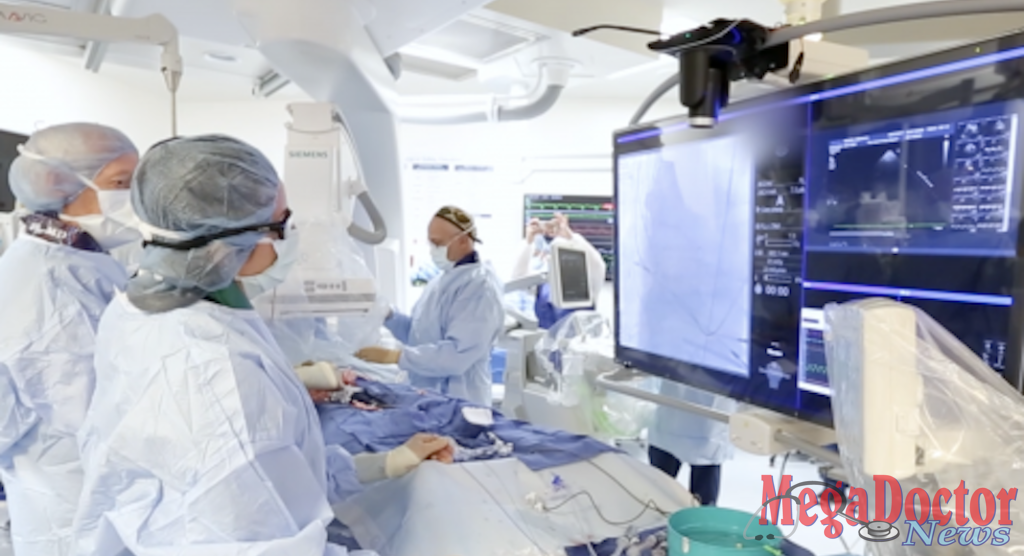System’s research expertise helps introduce new era in heart valve surgery
Mega Doctor News
Newswise — On Aug. 16, the U.S. Food and Drug Administration (FDA) approved a minimally invasive open-heart surgery alternative for low surgical-risk patients following the successful outcome of the PARTNER 3 and Evolut LR clinical trials.
Baylor Scott & White The Heart Hospital – Plano and Baylor Scott & White Medical Center – Temple participated in the PARTNER 3 trial and Baylor Scott & White Heart and Vascular Hospital – Dallas participated in the Evolut LR trial, following FDA approval of transcatheter aortic valve replacement (TAVR) for inoperable patients in 2012, high-risk patients in 2014 and medium-risk patients in 2017.
“This is a momentous shift to have a disease that’s historically been mainly treated by open-heart surgery now treated with a catheter-based approach,” said Michael Mack, MD, co-principal Investigator of the PARTNER 3 Trial and medical director of cardiovascular service line for Baylor Scott & White Health. “This approval underscores the importance and value of this research and demonstrates our commitment to improve care options for patients with aortic stenosis.”

Baylor Scott & White Health hospitals enrolled the highest number of enrollees in the two trials combined of any health system in the U.S. Baylor Scott & White’s 15-year history with TAVR began in 2004 in Leipzig, Germany, with investigators from Baylor Scott & White The Heart Hospital – Plano (then The Heart Hospital Baylor Plano) working with German colleagues. TAVR was performed on humans in early clinical trials less than three years later in the US. Baylor Scott & White is home to Texas’ largest TAVR program, having performed more than 3,600 TAVRs and is a top-five provider of TAVR nationally.
An estimated 1.5 million people in the U.S. have aortic stenosis, which is a narrowing of the main heart valve that impedes blood flow from the heart Unlike traditional open-heart surgery, TAVR allows physicians to deliver the new aortic valve via catheter usually through a blood vessel in the leg. This approach has decreased complications and shortened recovery time to one, rather than several, days in the hospital.
Four Baylor Scott & White hospitals offer TAVR:
- Baylor Scott & White The Heart Hospital – Plano
- Baylor Scott & White Heart and Vascular Hospital – Dallas
- Baylor Scott & White All Saints Medical Center – Fort Worth
- Baylor Scott & White Medical Center – Temple
TAVR research at all facilities is led through Baylor Scott & White Research Institute. Learn more about Baylor Scott & White Health’s TAVR clinical research on Scrubbing.In
Learn more about Baylor Scott & White Health’s heart valve disease treatment options










